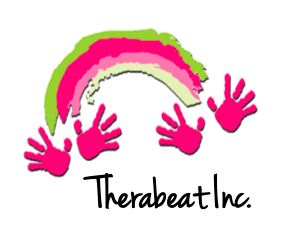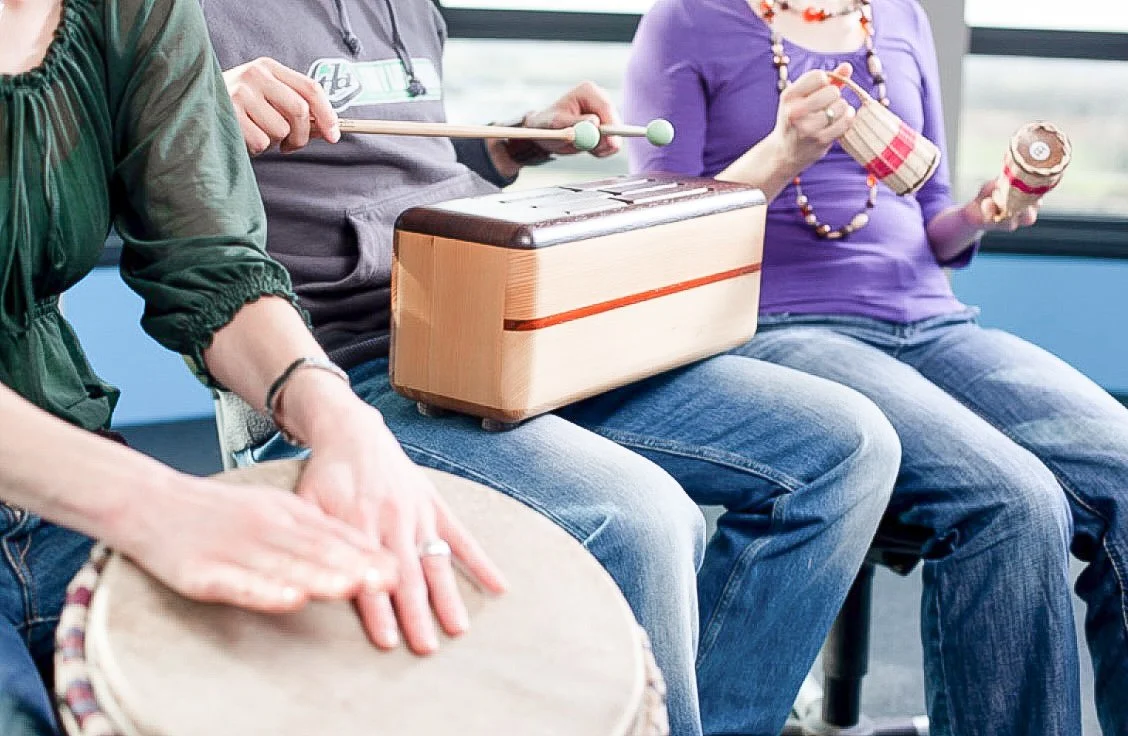According to researcher Doublet (1998), stress is related to complaints in about two-thirds of medical consultations in the United States. When left untreated, chronic stress can lead to mental health conditions such as anxiety and depression. These disorders, as defined in the DSM-5, involve significant disruptions in thinking, emotional regulation, or behavior that interfere with daily functioning.
Anxiety and depression share a common thread: persistent emotional distress. This may include feelings of sadness, emptiness, irritability, or excessive worry. These feelings are often accompanied by physical and cognitive symptoms such as fatigue, sleep disturbances, low motivation, muscle tension, and difficulty concentrating. These symptoms can make it hard to participate fully in everyday life.
Music therapy has been shown to help reduce many of these symptoms. Engaging with music stimulates the brain’s emotional and reward systems, increasing levels of endorphins, dopamine, serotonin, and oxytocin. These chemicals play a role in improving mood, reducing stress, relieving pain, and fostering social connection.
How music therapy helps individuals with anxiety and depression:
Regulates the stress response: Active music-making (ex: drumming, singing, playing instruments) can reduce stress hormones like adrenaline, easing restlessness and tension.
Promotes emotional grounding: Rhythmic engagement provides a sense of stability and helps clients release emotions in a safe and structured way.
Improves sleep and relaxation: Slow tempo, steady rhythm music, combined with guided breathing or meditation, can help the body shift into a relaxed state.
Boosts energy and motivation: Music that involves movement and creativity activates brain regions tied to energy, appetite, and motivation.
Encourages social connection: Group sessions using improvisation or songwriting support emotional expression and reduce isolation.
Rebuilds self-worth and trust: Collaborative music-making fosters connection and gives space for shared emotional experiences.
Supports body awareness: Techniques like body percussion can help individuals reconnect with their bodies through rhythm and resonance.
Music therapy offers a holistic and flexible approach to treating anxiety and depression. It addresses emotional, cognitive, physical, and social symptoms, offering not just symptom relief, but also support for long-term healing and emotional growth.
-Asila Folds, Music Therapy Intern
References:
dos Santos, E. A., Sanchez, E. M., Ortiz, M. Á. N., & Germes, M. A. O. (2019). Effects of music therapy in depression and anxiety disorder. TMR Journals.
Aalbers, S., Fusar-Poli, L., Freeman, R. E., Spreen, M., Ket, J. C. F., Vink, A. C., Maratos, A., Crawford, M., Chen, X.-J., & Gold, C. (2017). Music therapy for depression. Cochrane Database of Systematic Reviews
Flores Gutierrez , E. O., & Camarena , V. (2015). Music therapy in generalized anxiety disorder. The Arts in Psychotherapy, 44, 19–24.

